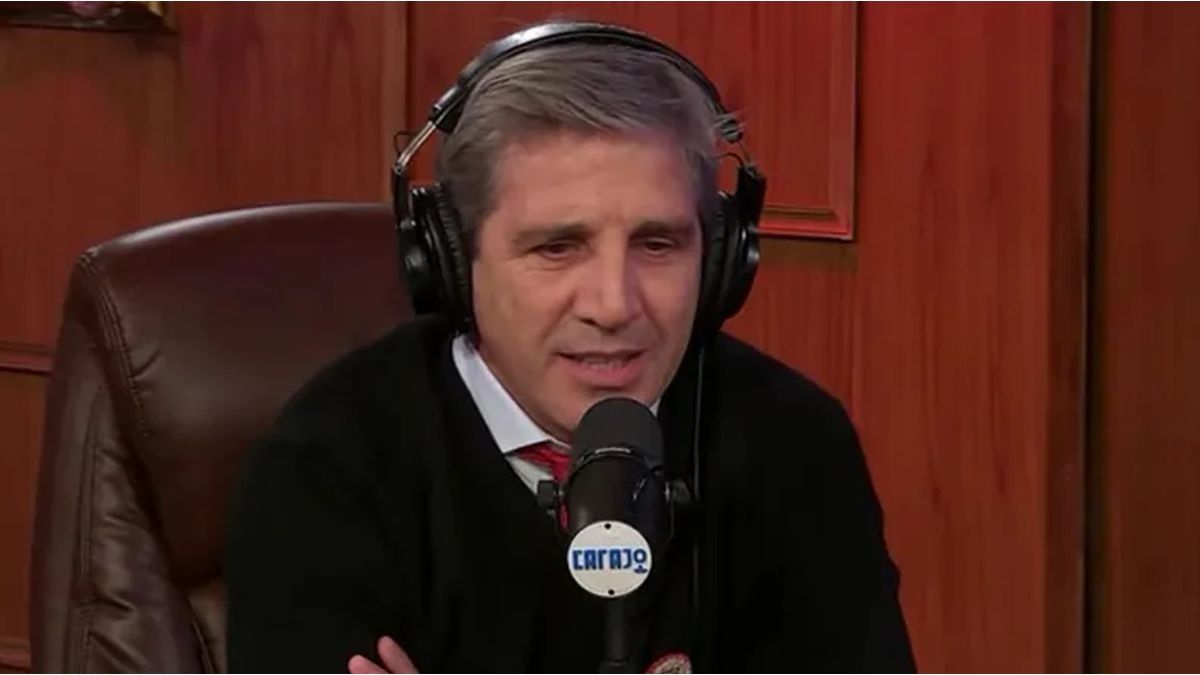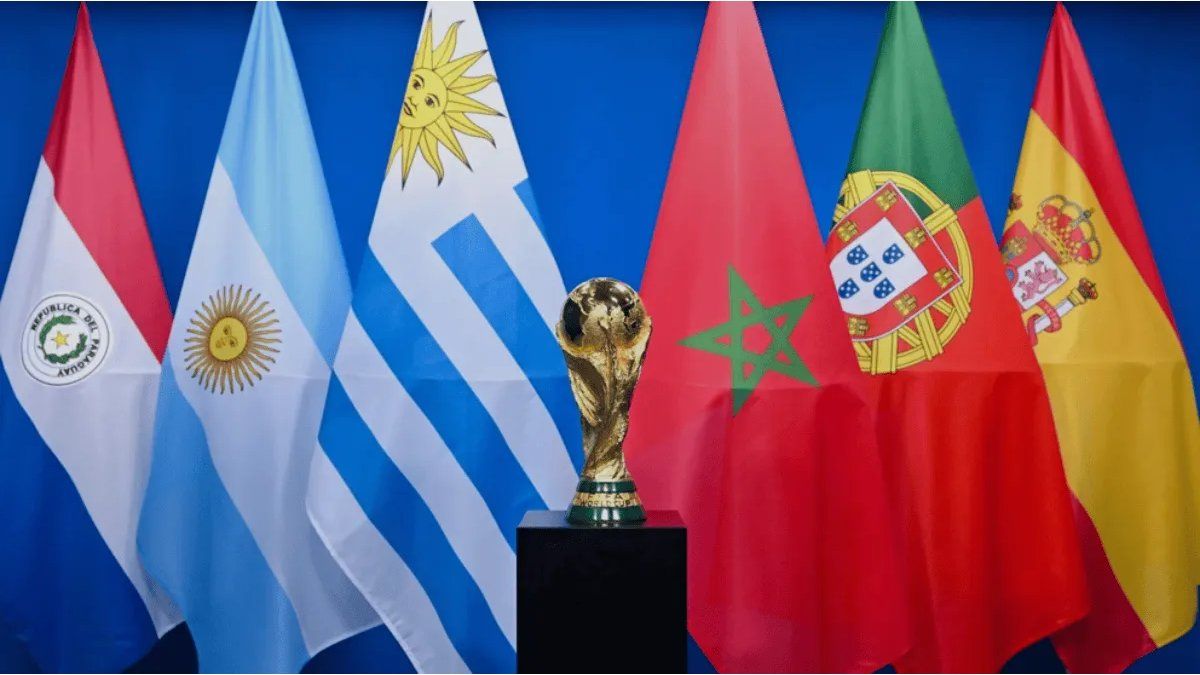Given the horrors of the corona pandemic, a global pandemic treaty is to be concluded. However, the draft text is highly controversial.
According to UN Secretary-General António Guterres, the world is not yet prepared for a possible new pandemic. “We have to do more,” he said on the International Day for Epidemic Preparedness (December 27). This is to be regulated with a global pandemic treaty, on the initiative of EU Council President Charles Michel.
Negotiations on this are ongoing at the World Health Organization (WHO) in Geneva and are now entering the hot phase. The 30-page draft is highly controversial. The treaty is scheduled to be adopted at the World Health Assembly (May 27 to June 1, 2024). The Konrad Adenauer Foundation, which is monitoring the negotiations in Geneva, believes it is very unlikely that all problems can be resolved by then.
Referring to the lessons learned from the Covid-19 pandemic, Guterres said: “We must not allow the moral and medical catastrophe of rich countries to hoard and control pandemic supplies. We must ensure that everyone has access to diagnostics, have treatment and vaccines.”
Dispute over transparency and property rights
In light of the 2020 coronavirus pandemic, the UN Assembly has designated December 27th as an “epidemic preparedness day”. Local or regional outbreaks of an infectious disease are epidemics; if they spread worldwide, they are referred to as pandemics.
The pandemic treaty covers, among other things, how information about new pathogens is quickly shared, who produces vaccines and medicines where, and how they are distributed. Even if the treaty is adopted at the WHO meeting, it would only come into force if enough countries ratify it and would only be valid in these countries.
Rich countries criticize, for example, the fact that they disclose details about the funding of pandemic product research and that pharmaceutical companies should make prices transparent. It is also controversial that in a new pandemic the pharmaceutical industry should waive intellectual property rights to medicines and be obliged to hand over part of its production to the WHO for distribution. Federal Health Minister Karl Lauterbach (SPD) has assured the WHO full support for the planned contract.
Hundreds of constitutional complaints against the treaty have been submitted to the Federal Constitutional Court. In September one was rejected as inadmissible. The complainant feared that the WHO could issue binding orders in self-declared pandemics and health emergencies and override decisions of sovereign states on health measures. The highest German court ruled that the complainant’s rights were not violated by Germany’s future participation in the contract. In addition, there is still no consent law that could be challenged with a constitutional complaint.
Source: Stern
I have been working in the news industry for over 6 years, first as a reporter and now as an editor. I have covered politics extensively, and my work has appeared in major newspapers and online news outlets around the world. In addition to my writing, I also contribute regularly to 24 Hours World.




